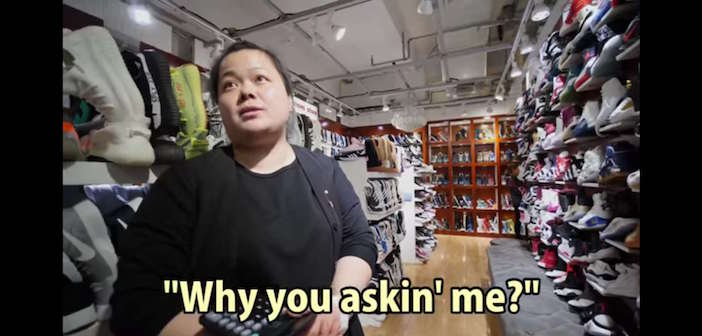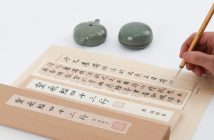It seems like everything is negotiable with Chinese vendors, well except at malls or supermarkets. There are some famous places such as the Pearl Market or Silk Market (which are also known for their counterfeit products) where you can practice your bargaining skills and have fun while immersing yourself in the culture. Even though most of the vendors can speak English very well, it’s still helpful if you know how to bargain (tǎojiàhuánjià, 讨价还价) in Chinese. Here we have five phrases and tips for you to get the best deal anywhere in China.
Can I get a discount?
可以给我打折吗?Kěyǐ gěi wǒ dăzhé ma?
Tip: If they reject your request for a discount, don’t be afraid to just walk away. This will make them more likely to bargain with you if the price for them is still beneficial.
This is too expensive. Can you make it cheaper?
太贵了! 可以便宜一点吗?Tài guì le! Kĕyǐ piányì yìdiăn ma?
Tip: Since the chance of seeing a counterfeit is huge and the vendors usually give you an exaggerated price, your best starting point should be a very low figure, then you can have more space to negotiate in. For example, if their price is RMB 2,000 for a winter jacket, you can start at RMB 200.
I saw this for a cheaper price in the shop over there.
我刚看见这个产品在那边的商店更便宜. Wǒ kànjiàn zhègè chănpǐn zài nàbiān de shāngdiàn gèng piányí.
Tip: Even it’s not true, tell the shop owner that you saw the same item cheaper at a different store. It will make negotiating with the shop owner a little bit easier.
Can you make it ___yuan?
可以算我__ 元吗? Kěyǐ suàn wǒ __yuán ma?
Tip: In the market, after you’ve said it’s too expensive, you will hear a lot of shopkeepers ask you “what is your best price?” Then you can suggest a cheaper, more reasonable price. However, you should try to not pay more than 40 percent of the original price they give you.
I don’t want it. Bye.
我不要. Wǒ bùyào.
Tip: Sometimes the best thing to do is just walk away if they stick to their “best price”. There are more than enough shops to visit and bargain with.
Photo: weibo.com



